Daniel Andrews: ‘We need a national plan’ to tackle veteran suicide
Daniel Andrews says the federal government must lead efforts to improve the lives of ex-defence force personnel.
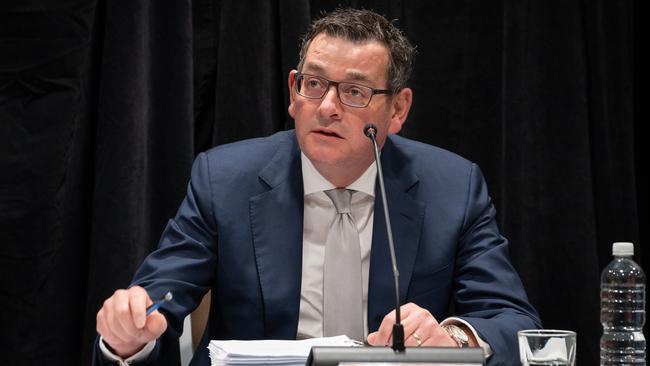
Daniel Andrews says a national plan to tackle veterans affairs must be driven by the federal government if there is to be a practical improvement in the lives of ex-defence force personnel, while acknowledging Victoria has gaps in data on the community.
The Victorian Premier is the first leader of a state or territory to give evidence at the Royal Commission into Defence and Veteran suicide, telling the commissioners himself and his state and territory counterparts must be accountable for implementing its recommendations.
“If there was an agreement by all governments across the country to come up with a nationally consistent plan to support veterans at times of vulnerability,” he said.
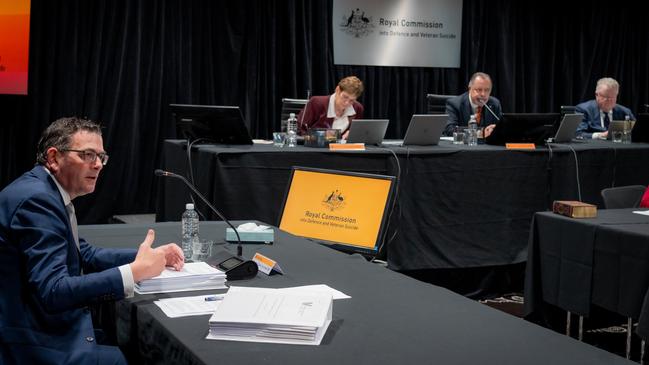
“And we had a process where we tasked our officials … with coming up with a list of things that we all currently do and opportunities that we might seek to pursue.
“You could come up with a minimum set of supports, a minimum set of interventions, a minimum set of expectations that the veteran community and their families could have of all governments.”
Mr Andrews said engagement with a national task force has improved since the coalition lost government in 2022 and labor under Anthony Albanese won the federal election.
“I would say I think there’s been a marked change in approach in recent times,” he said.
“(The) minister informs me that things are much more collaborative. And I think the role that states play in this space is much more highly valued under the current chair of that ministerial council.”
The premier also acknowledged Victoria had major gaps in data on its current veteran population which had impacted service delivery, the Herald Sun reported.
“We don’t have a list – their names, their addresses, let alone any further details – of those members of the veteran community, and on that basis, we find ourselves in a situation where we have to provide broadcast messages to a relatively small group of people,” he said.
“It serves as a significant barrier to us, not just delivering services, but building trust and building a relationship with people – often many of whom are vulnerable.
“It is a real barrier to us doing more and doing better for a group of people who deserve the best of our efforts.”
Commission chair Nick Kaldas later thanked the premier for volunteering to appear before the inquiry, as the first premier to give evidence rather than a minister.
The Royal Commission was established after nearly 60 inquiries came up with more than 750 recommendations that failed to address a scourge of soaring suicide rates, Mr Kaldas said.
“Between 1997 and 2020, (there were) at least 1600 suicides, something like 20 times the number of those who were killed or died on duty,” he said.
“These were significant reports that landed on the desks of prime ministers, ministers, chiefs of defence and secretaries of departments. And frankly, not much happened.”


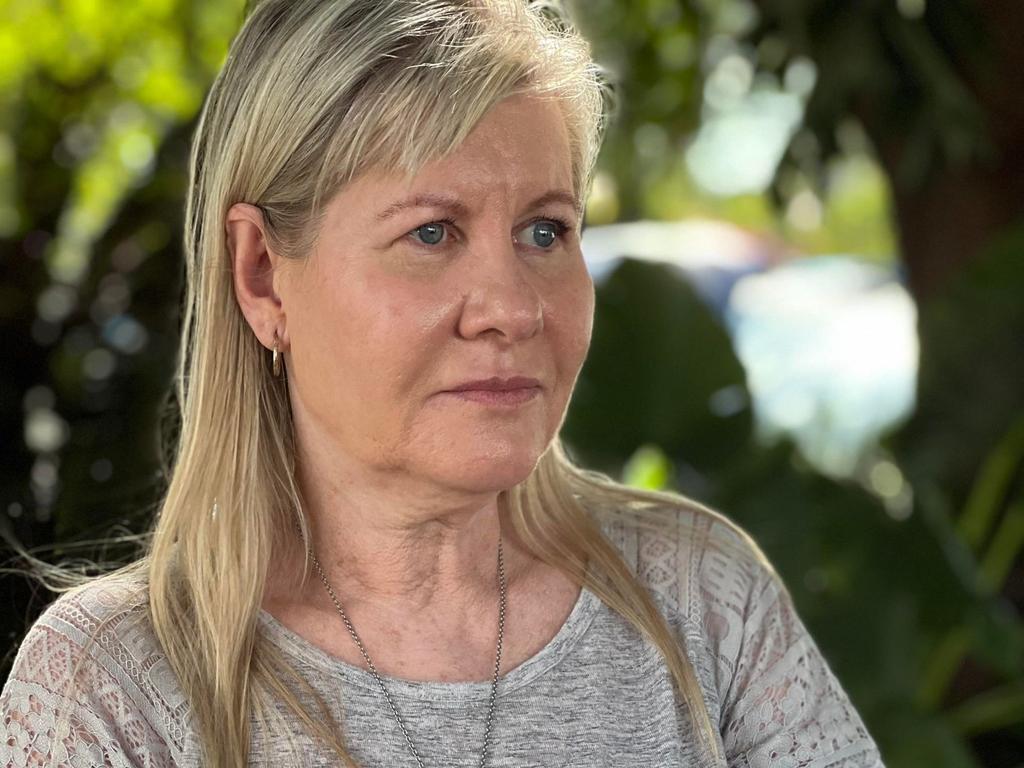
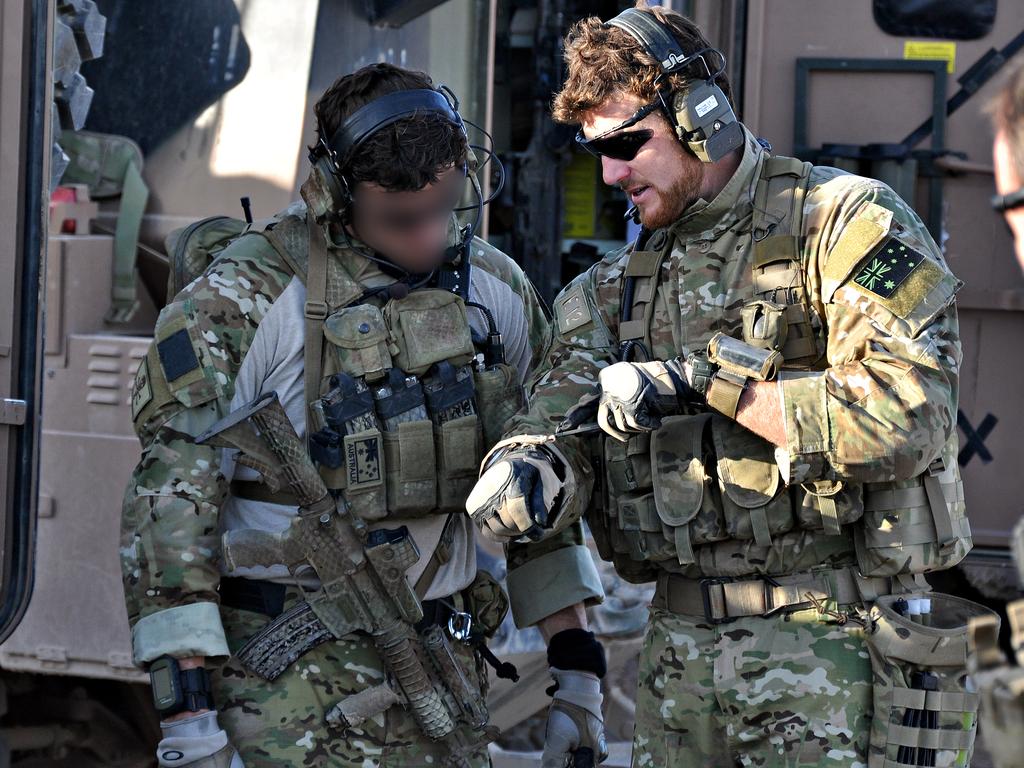


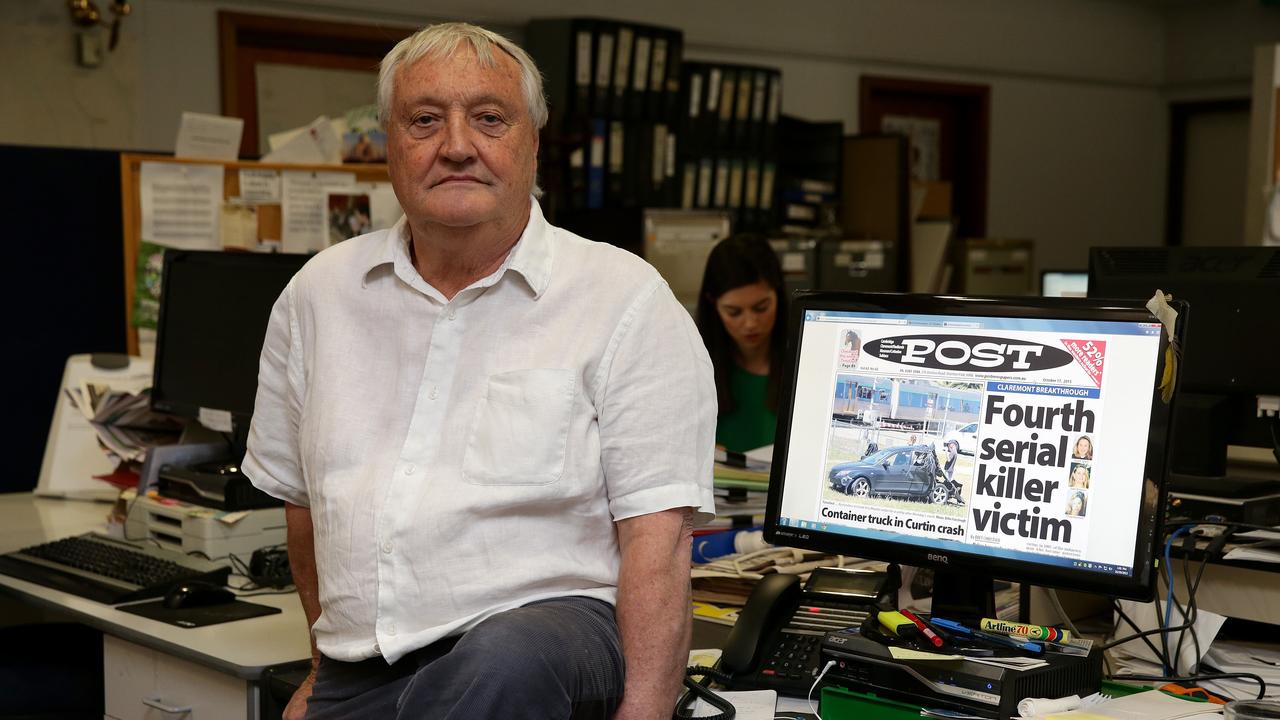
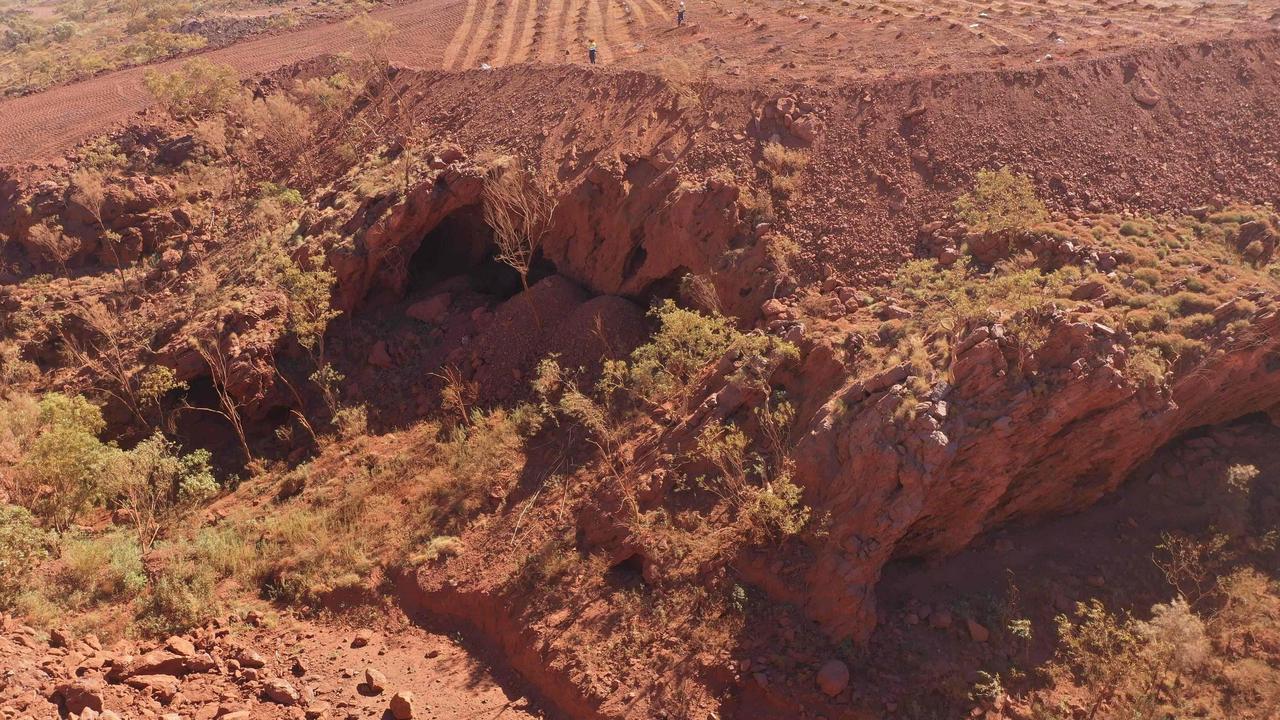
To join the conversation, please log in. Don't have an account? Register
Join the conversation, you are commenting as Logout